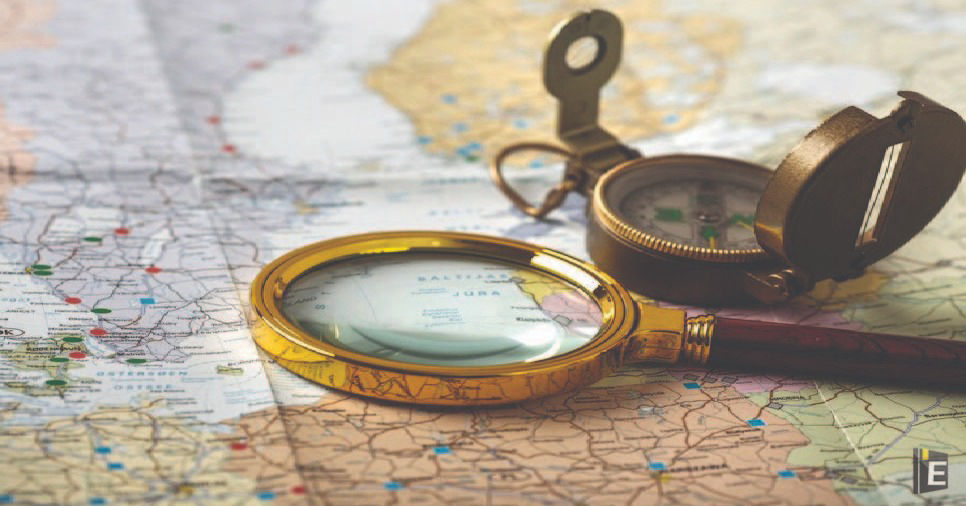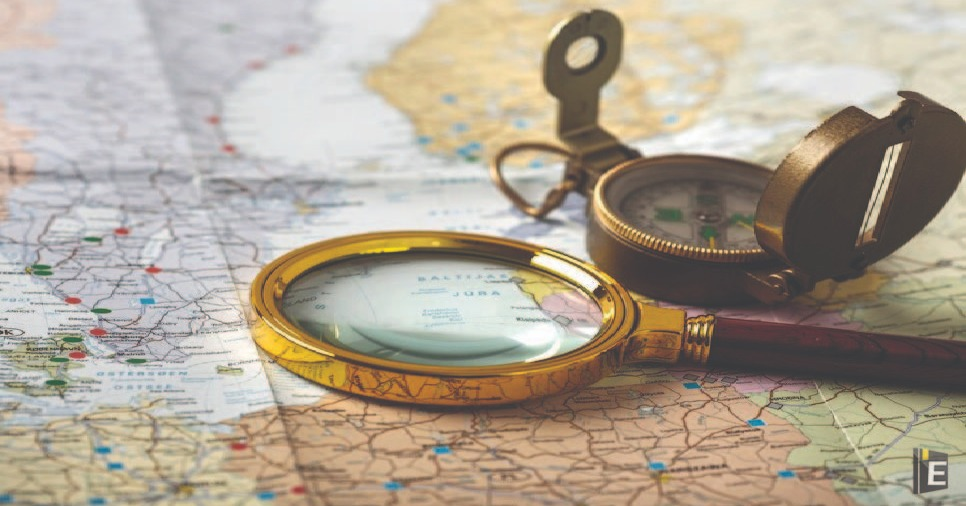


Welcome to our World History GK Quiz with Answers blog, where the past comes to life! Dive into the fascinating realms of ancient civilizations, legendary leaders, and pivotal moments that shaped our world. Test your knowledge with our engaging quizzes that cover everything from ancient wonders like the Pyramids of Giza to modern historical events like the fall of the Berlin Wall. Explore the diverse cultures, revolutions, and discoveries that have defined humanity's journey through time. Challenge yourself and your friends, and discover how much you know about the rich tapestry of our global heritage. Get ready to embark on an exciting historical adventure, and uncover the secrets of the past with our World History GK Quiz!
In this article World History GK Quiz with Answers, we are sharing the latest and most important World History Questions related to cultures, revolutions, and discoveries that have defined humanity's journey through time etc for those learners who are preparing for upcoming competitive and government exams.
Also, Read Latest Current Affairs Questions 2023: Current Affairs Today
"Put your knowledge to the test and excel with our General Knowledge Mock Test and Current Affairs Mock Test!"
Q :
Renaissance is a period in Europe.
(A) 18th to 20th century
(B) 14th to 17th century
(C) 11th to 13th century
(D) 7th to 10th century
The Renaissance refers to the period of revival of art, literature, education, sentiment, and activity in Europe from the early 14th century to the late 17th century. It marks the transition from medievalism to the modern world. It literally means – .Rebirth. The Renaissance period is referred to by this name because at that time people started taking interest in learning especially the teachings of Ancient Greece and Rome.
By what other name was the “Union of the Three Emperors” of 1873 known?
(A) Dryasirbandha treaty
(B) Tripartite treaty
(C) Reinsurance treaty
(D) Dyadic treaty
The Three-Kingdom confederation is known as the Drikasirbandh. It was an alliance between the German Empire, the Russian Empire, and the Austria-Hungary Empire from 1873 to 1887.
Which theory did John Locke propound?
(A) Social interaction theory
(B) Theory of divine rights
(C) Ancestral Principle
(D) Principle of Force
Social Contract. Was one of the proponents of the theory. According to this, the state has arisen as a result of a free general agreement between individuals who establish themselves as a community, believe in the principles of freedom and equality and obey the orders of the government established by them.
Who was the first President of South Africa after apartheid?
(A) Zuma
(B) Nelson Mandela
(C) Kofi Annam
(D) Booker T. Washington
On May 10, 1994, Mandela became the first black President of his country. The new Constitution of South Africa was approved by the Parliament in May 1996, under which several institutions were established to check political and administrative rights.
Synagogue is a place of worship of___.
(A) Parsi Religion
(B) Taoism
(C) Judaism
(D) Shintoism
A synagogue is a place of worship for the Jewish community. Judaism is one of the world's oldest religions, developing in Egypt about 3,700 years ago.
Fascism believes in implementing this principle:
(A) Dictatorship
(B) Democracy
(C) Utilitarianism
(D) Totalitarianism
Fascism. A form of right-wing authoritarianism that emphasizes individual subservience to further the interests of the state. The Nazi government of Germany was a totalitarian state.
What is the currency of Saudi Arabia?
(A) Dinar
(B) Riyal
(C) Pound
(D) Lira
The currency of Saudi Arabia is called Riyal.
Britain was known as the "Queen of the Seas" in the 18th and 19th centuries because of its naval prowess.
(A) Britain
(B) Germany
(C) Italy
(D) France
Britain was known as the "Queen of the Seas" in the 18th and 19th centuries because of its naval prowess.
Where did the largest oil spill in world history occur?
(A) Mediterranean Sea
(B) Caspian Sea
(C) Persian Gulf
(D) South China Sea
The worst oil spill in history was not an accident, it was intentional. During the Gulf War in 1991, Iraqi troops were forced to retreat from Kuwait, so Iraqi troops opened the valves of oil wells and pipelines in an attempt to reduce the invasion by American troops. As a result, it was viewed as the largest oil spill in history. Approximately 240 million gallons of crude oil was spilled into the Persian Gulf.
By whom was the word “Politics” first used?
(A) Aristotle
(B) Socrates
(C) Plato
(D) John Locke
Greek thinker Aristotle is called the father of political science.
Get the Examsbook Prep App Today